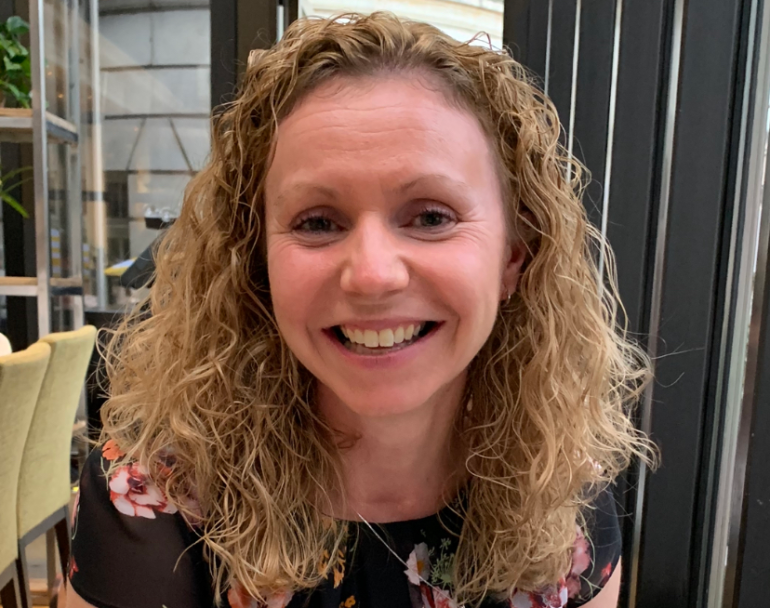The recent ONS statistics surrounding house affordability in the UK paint a concerning picture, particularly for England, where only the top 10% of income earners can afford an average house with less than five years of income.
In contrast, the situation appears more balanced in Wales, Scotland, and Northern Ireland, where the top 30% and 40% of income earners respectively can afford an average home within the same time frame. This divergence amplifies the wealth gap, putting homeownership further out of reach for many, especially in England.
The statistics show that in England the average house price was £275,000 in the financial year ending 2022, and the average annual disposable household income was £33,000, equivalent to a huge ratio of 8.4 years of income.
This situation will now be even worse as these calculations do not take into account any effects on housing cost affordability resulting from changes to mortgage interest rates and payments stretching people’s budgets that much further leaving with even less to save towards a deposit to buy a property.
The impact of this huge affordability pressure has already starting to be seen as people are forced to take out marathon mortgages just to be able to afford monthly payments.
Data gathered by Quilter from the FCA shows there has been a near 120% uptick in the number of people taking out mortgage terms of 35 years or more.
This highlights that more people are being forced to stretch their finances, opting for longer-term mortgages to manage monthly payments amidst climbing interest rates and high house prices. Strikingly, there is a significant increase in older borrowers who will still be repaying their mortgages well into their 70s, potentially diverting a considerable portion of their retirement savings to meet their mortgage obligations.
Looking forward, the pressures on affordability may lead to a downturn in house prices. The latest house price indices all point to declining or flatlining house prices. However, prices will need to drop considerably or wages increase massively for the affordability ratios to improve. While both are unlikely, the building of new homes to ease the supply and demand dynamic, and help first time buyers is likely to be a central battleground for next year’s election.
Ultimately, the current housing market dynamics underline the importance of obtaining professional mortgage advice, especially for those nearing the end of their current mortgage deal or looking to buy in the short term.
The stark house price to income ratio disparity across the UK mean that it is essential people do not overstretch themselves to a point where they cannot absorb any financial shocks and an adviser will help someone avoid that. The housing market remains unpredictable, necessitating careful planning and robust financial advice for potential borrowers if they can even get to the point of a purchase.
Karen Noye is mortgage expert at Quilter



